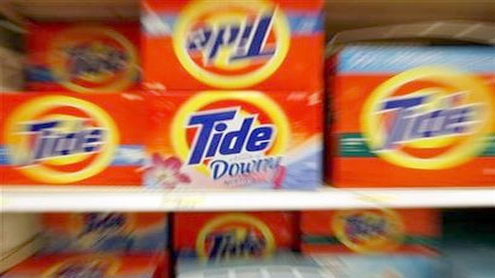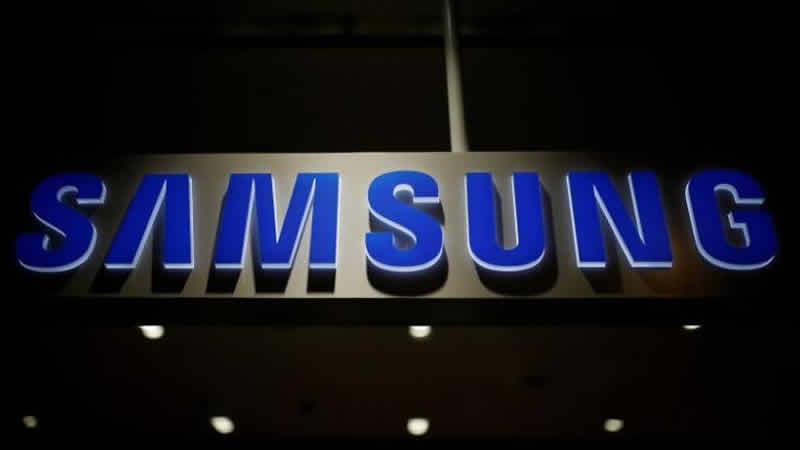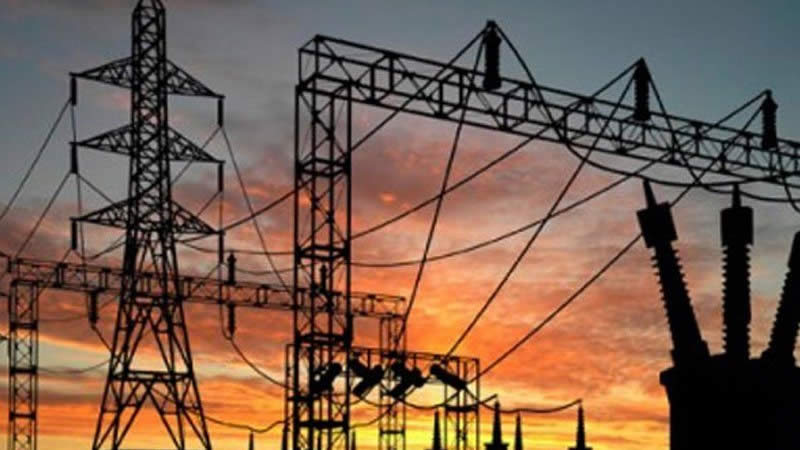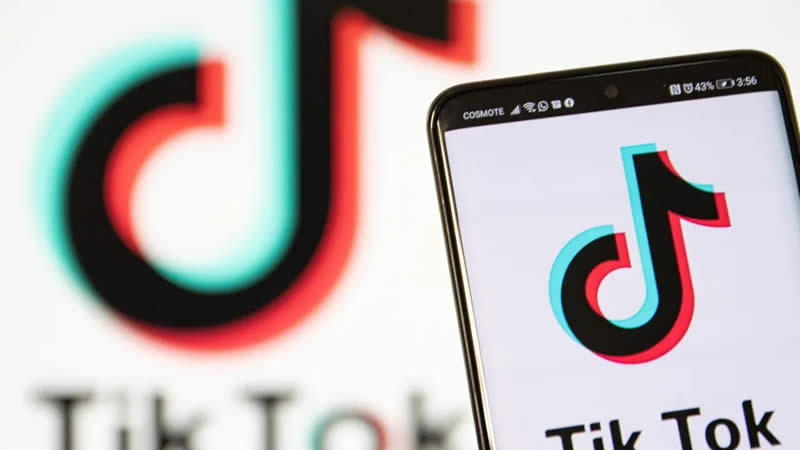 CHICAGO: Makers of soap, diapers and other household products are spending much more for fuel and raw materials than expected, which means more price increases are on the way for consumers.Procter & Gamble Co (PG.N) lowered the high end of its profit forecast for the year on Thursday, as it does what it can to trim expenses and as it raises some prices to offset sharply higher costs for materials.Consumer goods makers are paying more for transport and a variety of materials, from pulp used to make tissues to resin used to make detergent bottles.Smaller rival Colgate-Palmolive Co (CL.N) also said higher costs cut into its margins. Its quarterly earnings met analysts’ expectations, while P&G’s profit was just short of the average forecast.P&G, the world’s largest household goods maker, now expects its costs to soar about three times as much at it had anticipated heading into the year, with spikes in diesel, resin, pulp and other materials, Chief Financial Officer Jon Moeller said.
CHICAGO: Makers of soap, diapers and other household products are spending much more for fuel and raw materials than expected, which means more price increases are on the way for consumers.Procter & Gamble Co (PG.N) lowered the high end of its profit forecast for the year on Thursday, as it does what it can to trim expenses and as it raises some prices to offset sharply higher costs for materials.Consumer goods makers are paying more for transport and a variety of materials, from pulp used to make tissues to resin used to make detergent bottles.Smaller rival Colgate-Palmolive Co (CL.N) also said higher costs cut into its margins. Its quarterly earnings met analysts’ expectations, while P&G’s profit was just short of the average forecast.P&G, the world’s largest household goods maker, now expects its costs to soar about three times as much at it had anticipated heading into the year, with spikes in diesel, resin, pulp and other materials, Chief Financial Officer Jon Moeller said.
“I don’t want to get into shoulda, coulda, woulda; but if you step back, if we didn’t have $1.8 billion in commodity cost increases this year, we would have a fantastic bottom line,” Moeller said on a call with analysts.”If anybody on the line can help me with how to forecast commodity costs, just give me a call, I’d be glad to talk.”Unilever Group (ULVR.L) (UNc.AS) is also feeling a pinch from higher commodity costs. The Anglo-Dutch maker of Dove soap and Hellmann’s mayonnaise said it would squeeze more cost savings out of its operations.The companies are banking on increasing demand in countries such as China and India as growth in developed markets such as the United States and Western Europe has stagnated.”We do believe economies are improving around the world,” P&G Chief Executive Officer Bob McDonald said. “The rate of improvement in developed markets is obviously slower than we had originally forecasted.”The pace of U.S. economic growth slowed in the first quarter, another signal that a post-recession rebound is taking longer than many had anticipated.
Higher materials costs are spreading across the packaged goods industry. Soft-drink and snack food maker PepsiCo Inc (PEP.N) posted a lower quarterly profit on Thursday, hurt by rising commodity costs.P&G’s shares were up 0.3 percent after falling earlier in the session. Colgate rose 0.5 percent, Unilever fell 2.4 percent and Pepsi climbed 1.4 percent.NEW PRODUCTS, NOT JUST NEW PRICESCompanies are now trimming internal costs and switching to less costly materials when they can before resorting to price increases, echoing steps they took when costs rose in 2008.P&G and its rivals have started to raise prices on products ranging from diapers to detergent, adding to pressure on shoppers, especially in markets such as the United States, where growth remains sluggish.They also hope to entice shoppers with new goods, which sometimes carry higher price tags. P&G’s fresh items include Tide detergent pods, while Colgate rolled out new toothpastes and Kimberly-Clark Corp (KMB.N) is updating Huggies diapers.Stifel Nicolaus analyst Mark Astrachan said that he believes P&G is “best positioned to outperform in the current environment given its innovation pipeline and deep pockets.”
P&G has implemented or announced price increases across brands representing about 50 percent of U.S. sales but is not raising prices as much as it did in 2008, McDonald said.Kimberly-Clark is raising prices on goods such as Huggies by 3 percent to 7 percent starting in June. Its quarterly results, issued on Monday, fell short of expectations. Energizer Holdings Inc (ENR.N), meanwhile, has already raised U.S. battery prices.Clorox Co (CLX.N) has already said it would raise prices more frequently if it needed to. Its results are due on Tuesday.P&G said it now expects fiscal-year core earnings, which exclude some items, of $3.91 per share to $3.96 per share. The high end of that forecast previously was $4.01 per share. – Yahoonews











